In a stunning pronouncement that has ignited public uproar, Francis Atwoli, Secretary-General of the Central Organization of Trade Unions (COTU), has bluntly asserted that Kenya does not need younger leaders, arguing that the “old guard” provide stability and wisdom essential for national growth.
Speaking at a high-profile labour symposium in Nairobi, Atwoli challenged calls for generational change, insisting that longevity and experience matter more than fresh faces. He pointed to his own 24 years in the COTU top seat as evidence that workers trust proven leadership. “Let no one tell you that this country needs young leaders,” he said, defending the status quo.
He didn’t mince words. “Even me, why do you think workers in Kenya have stuck with me all these years? They don’t want to let me go,” he said, underscoring his belief that public confidence lies with those who have stood the test of time.
Unexpected Firestorm
His comments have sparked shockwaves across Kenya’s political and social circles. From youth activists demanding more space in leadership, to critics accusing him of suppressing innovation and new energy, the backlash has been swift and vocal.
Many young Kenyans feel dismissed and marginalized by the statement, saying it ignores the growing frustrations over youth unemployment, rising costs of living, demand for tech-driven leadership, and a populace eager for transformation. Others defend Atwoli, arguing that experience is undervalued in a rapidly changing political landscape.
Observers warn the stance could deepen generational divides just as tensions over governance, youth inclusion, and representation intensify ahead of the 2027 election cycle.
What’s Under Pressure
- Youth representation: Atwoli’s refusal to endorse younger leadership risks alienating a generation increasingly vocal and influential. Many see his words as closing doors rather than opening possibilities.
- Political discourse: The debate over age versus innovation is set to dominate political conversations. Will voters prefer seasoned leaders or fresh perspectives?
- Labour and power dynamics: As head of a major workers’ union, Atwoli’s position carries weight. His dismissal of younger leaders also reflects how institutional power often remains concentrated among older players.
Kenya is at a crossroads. Rapid technological change, social media driven activism, economic pressures, and climate anxieties are pushing demands for new leadership styles. Many argue that younger leaders bring agility, digital fluency, and different priorities—like climate justice, equity, and innovation—that older leadership rarely makes central.
As 2027 looms, the ability of political blocs to connect with youth could decide margins. In this context, dismissals like Atwoli’s could carry political cost—not just moral or social, but electoral.

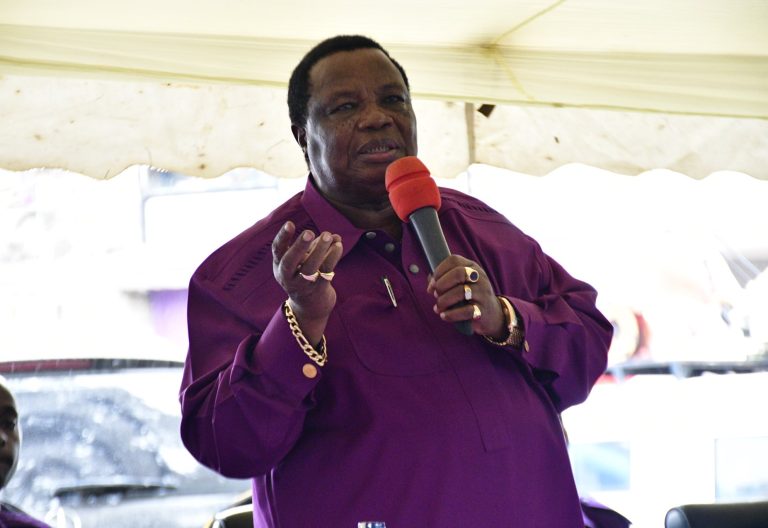



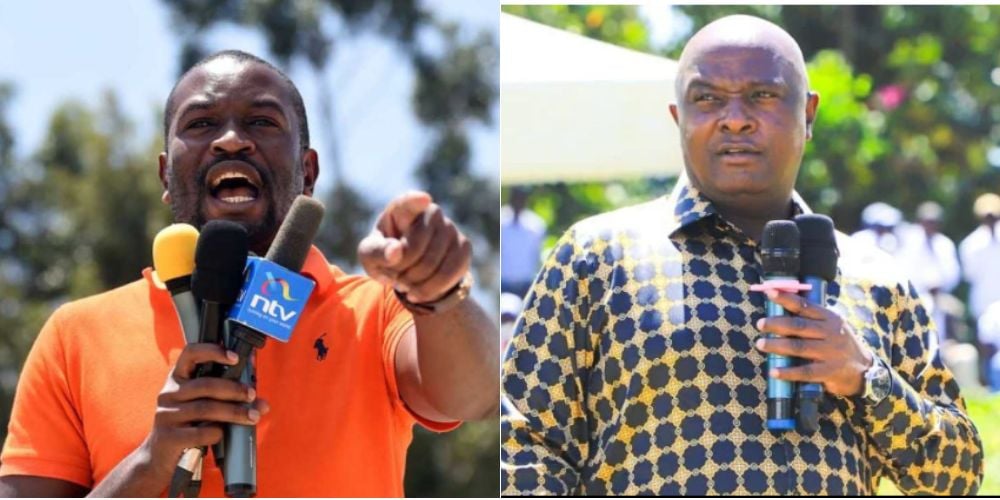
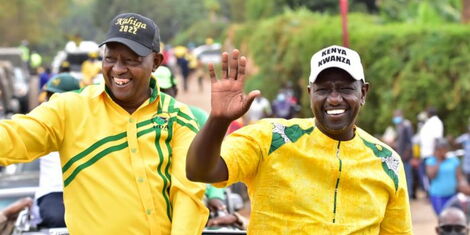
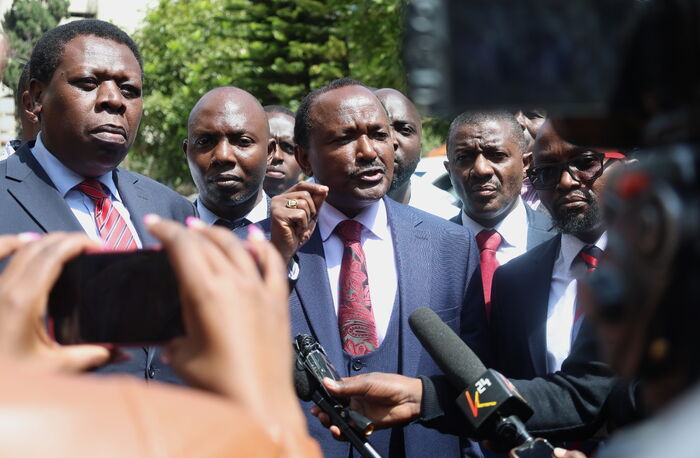
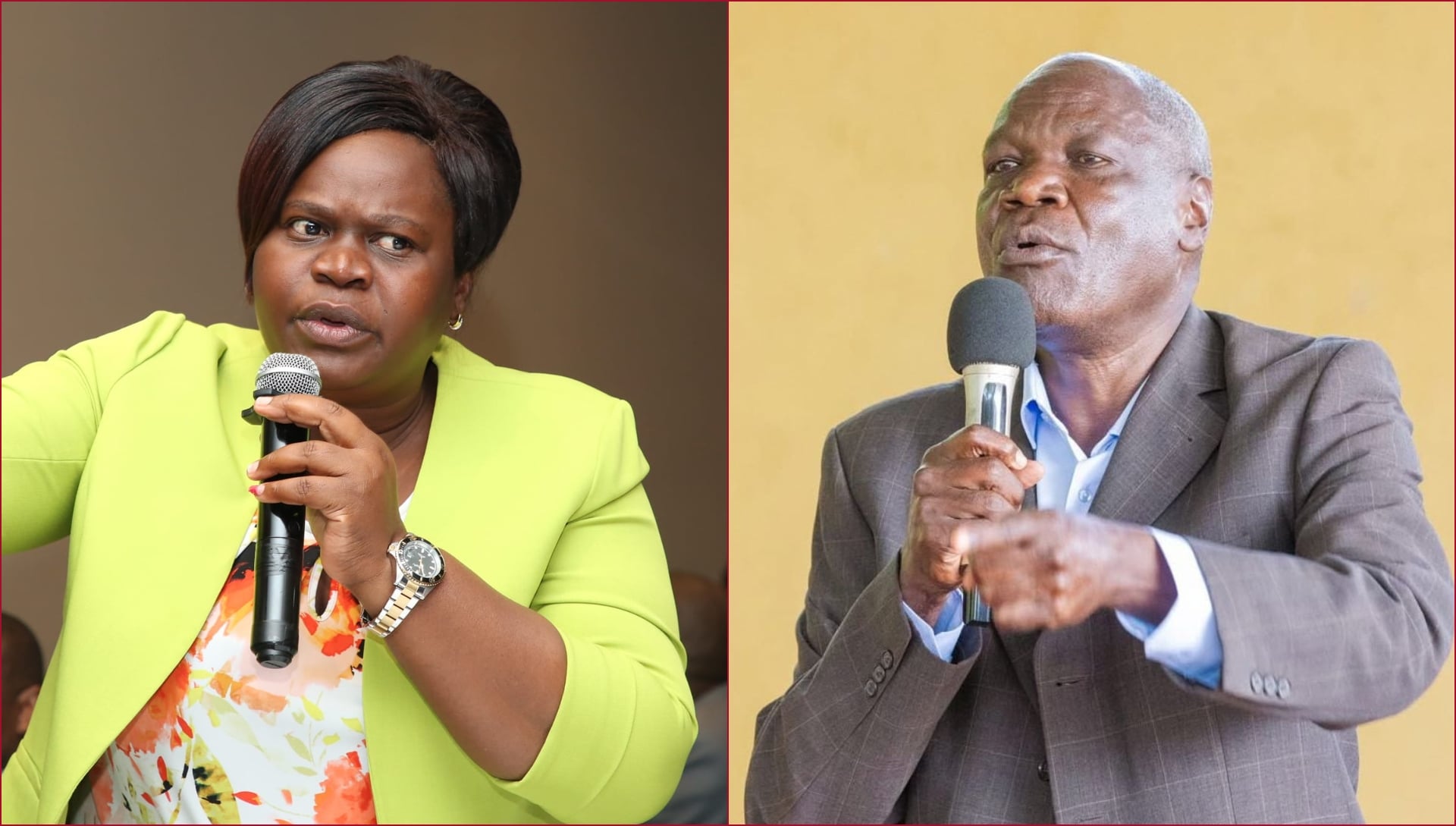
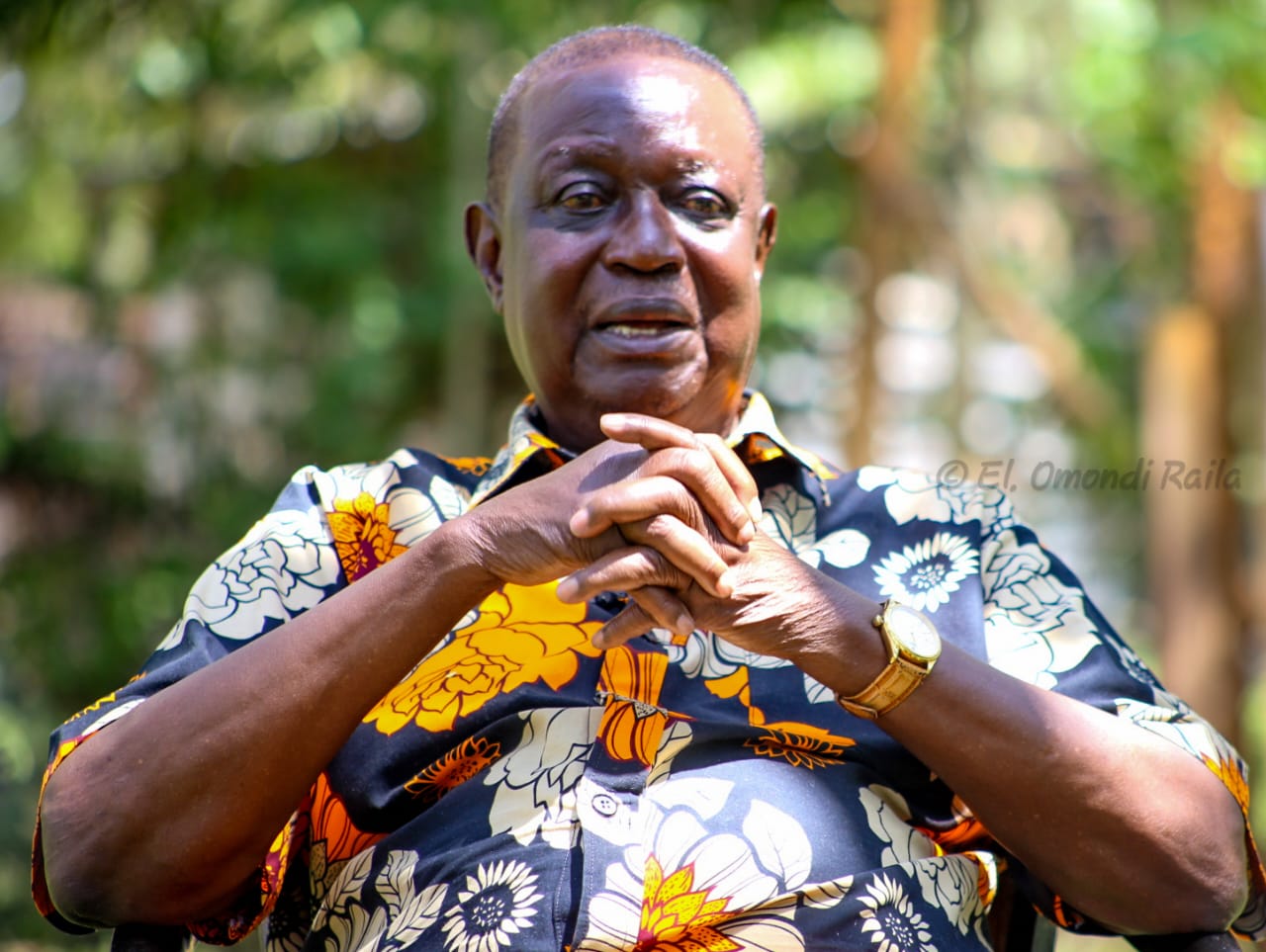
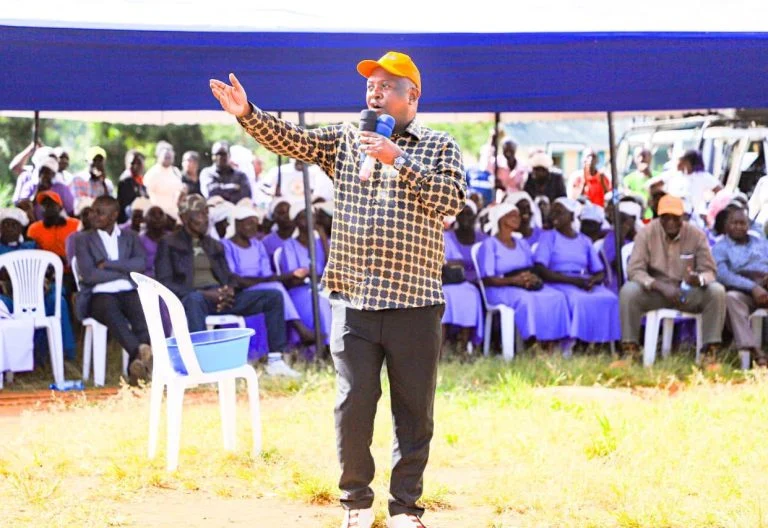
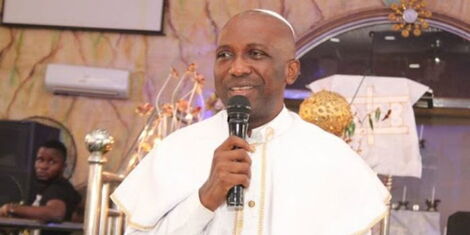
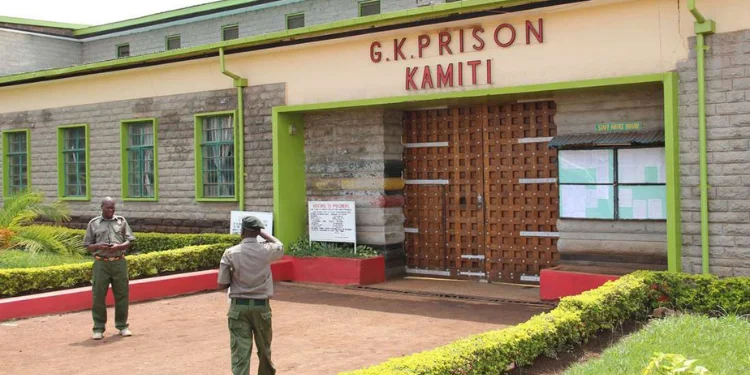

Leave a Reply